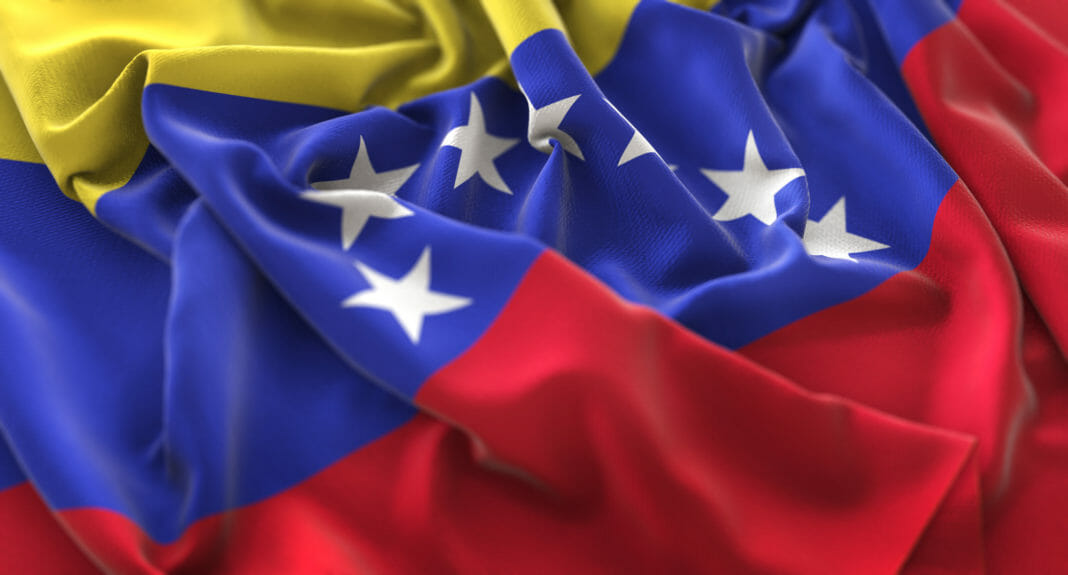An analysis of scrutinized operations in LocalBitcoins during the 2019 blackout in Venezuela. The power outage had side effects on the exchange of Bitcoin in several countries in the region.
A study on the behavior of the exchange platform LocalBitcoins, during the general blackout in Venezuela between March 7th and 11th, 2019, determined that the oil-producing country is setting the standard for exchanges between Latin Americans in this P2P crypto exchange.
The analysis scrutinized the operations with bolivars (VES) conducted in Venezuela before, during and after the power outage. After that, it compared the data obtained with the number of transactions made with the national fiat currencies of Colombia, Peru, Mexico, Chile, Argentina, and the USA. The results show that the fall in operations with bolivars had a side effect among operators in those countries.
Seven charts show that operations in LocalBitcoins, with the aforementioned national currencies, fell at the same time as Venezuela was experiencing a lack of electricity, Internet service and connectivity to banks. On the first day of the blackout, LocalBitcoins registered about 800 operations per hour, which then dropped to about 200 transactions every 60 minutes.
Colombian, Mexican, Chilean, Argentine, Peruvian and US national fiat currencies exhibited similar behavior regarding their transactions. The report supports the data obtained through testimonies by three Venezuelans living in Chile and Argentina, who use LocalBitcoins to exchange pesos (CLP and ARS) for bitcoins (BTC) to then convert them into bolivars (VES) to send remittances to Venezuela.
The researchers state in the report that the power outages that occur in Venezuela also lead the number of Bitcoin exchanges in Latin America to drop. This is because money transmitters outside Venezuela cannot communicate with their counterparts in the country to complete the cross-border transfer of value.
Bitcoin as Intermediate Currency
The report indicates that people in the region use Bitcoin as an intermediate currency between fiat currencies. In other words, they do not use it as a means to store value, but as a way to obtain fiat currencies such as the US dollar (USD) or the Colombian peso (COP).
The analysis stated that both individuals and companies in Venezuela want to sell their bolivars for bitcoins to acquire other fiat currencies. Their objective is to safeguard value or to pay for a range of goods and services, both digital and physical worldwide.
In April of last year, the strong influence of Venezuela on LocalBitcoins was evident due to the significant decrease in exchange volumes on this platform. During the blackout, the drop was 26% in Venezuela, 23% in Brazil, 19% in Peru, 11% in Mexico, 9% in Chile, 9% in the Dominican Republic, 6% in Colombia and 3% in Argentina, respectively.
Even though the situation analyzed occurred last year, trade-in LocalBitcoins continues to fall in Latin America. This might be related to new options for the exchange of Bitcoin or other cryptocurrencies, the implementation of a more rigorous Know-Your-Customer (KYC) and Anti-Money-Laundering (AML) policy measures on the platform and the decrease of trade worldwide.
By Alexander Salazar











